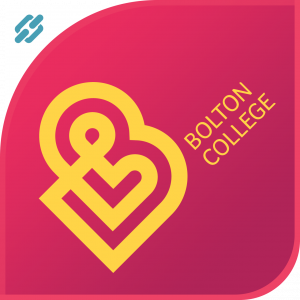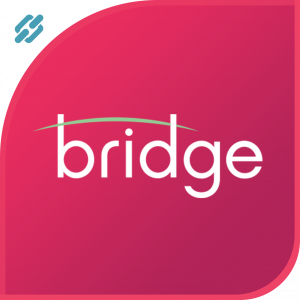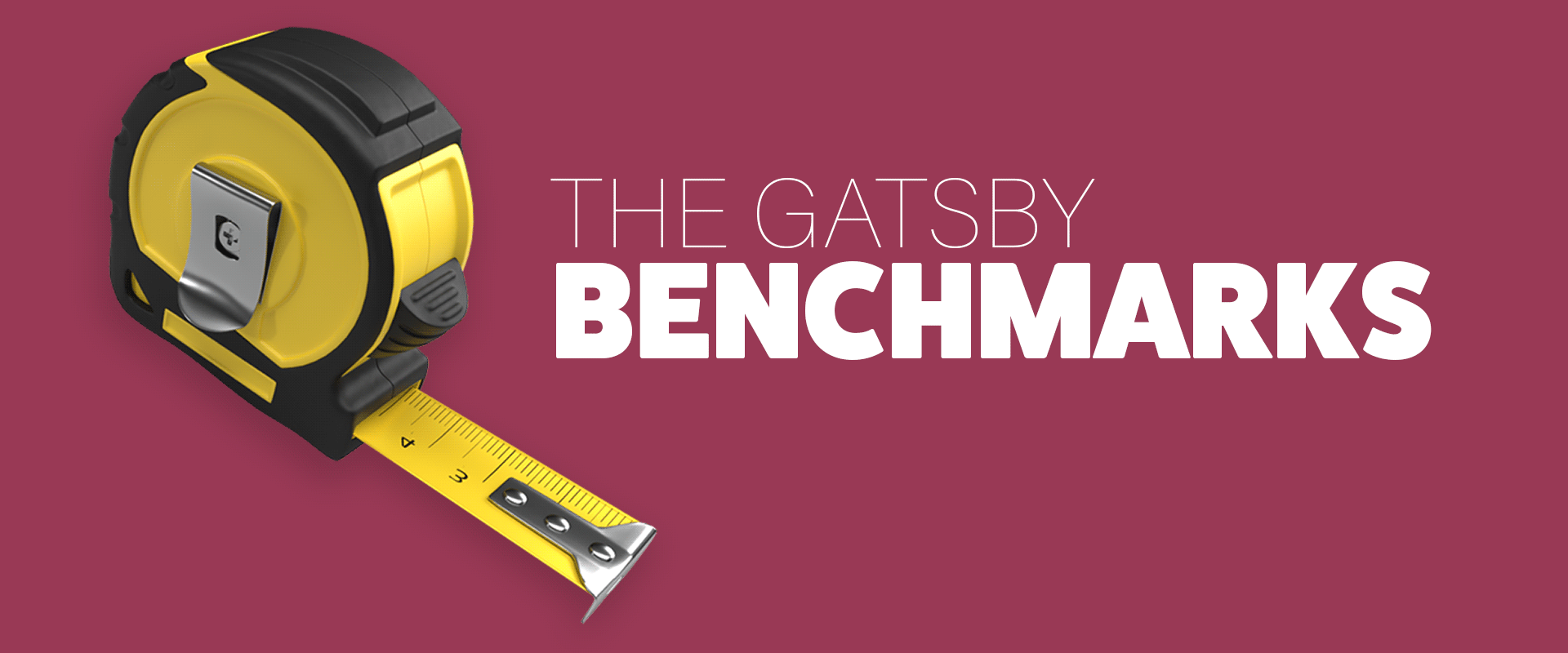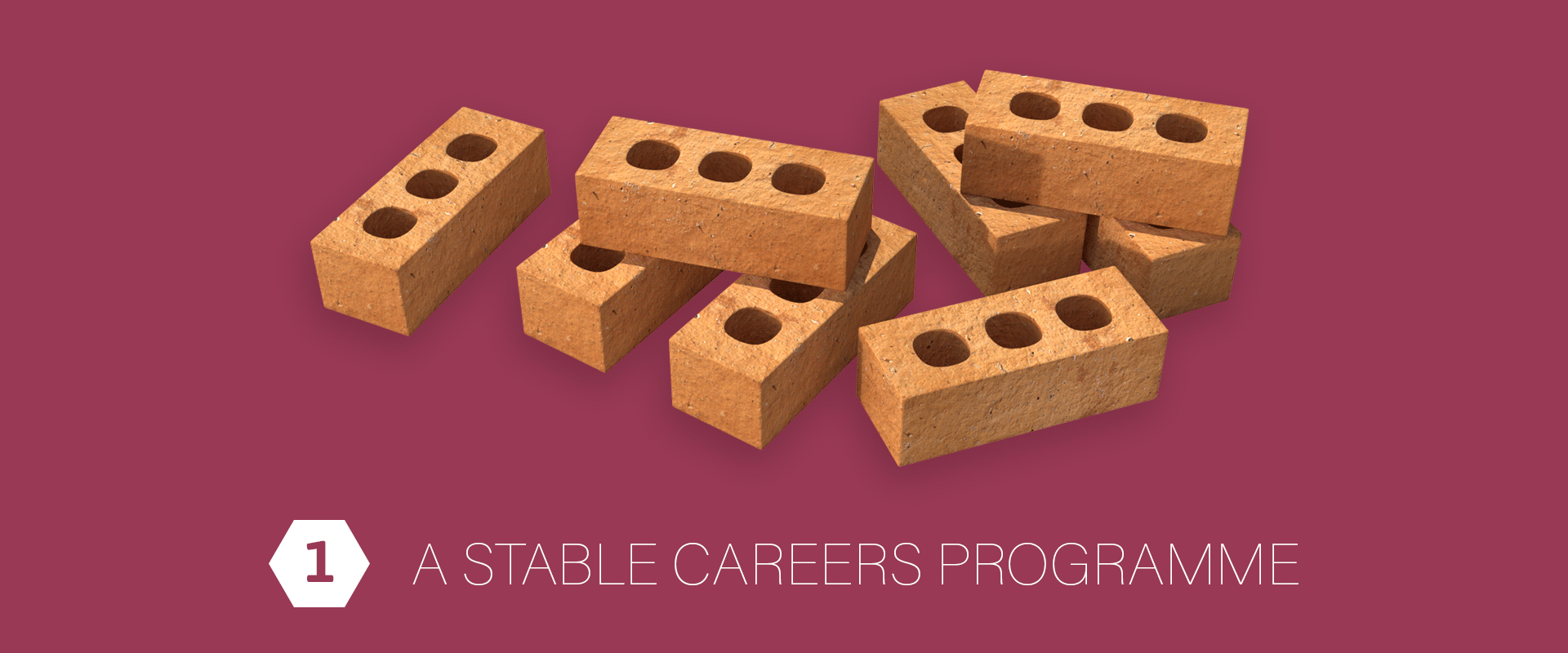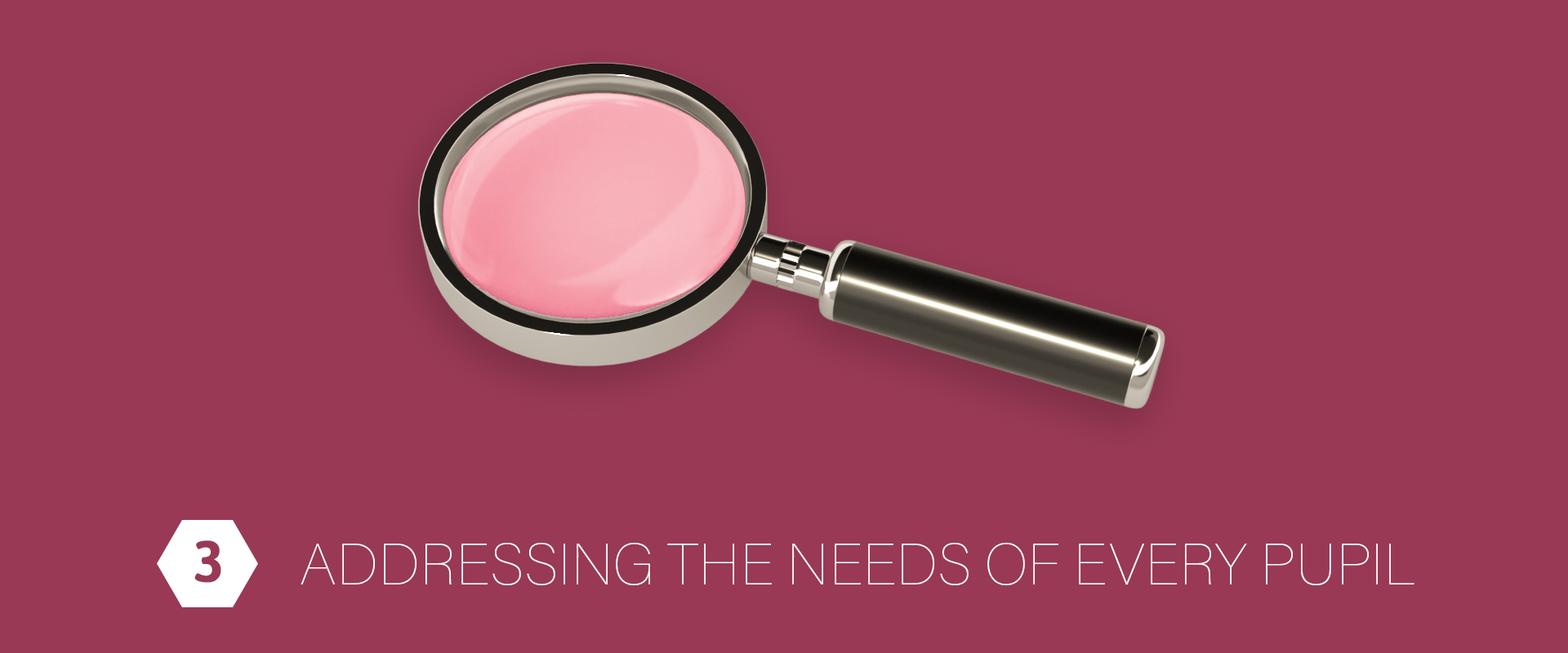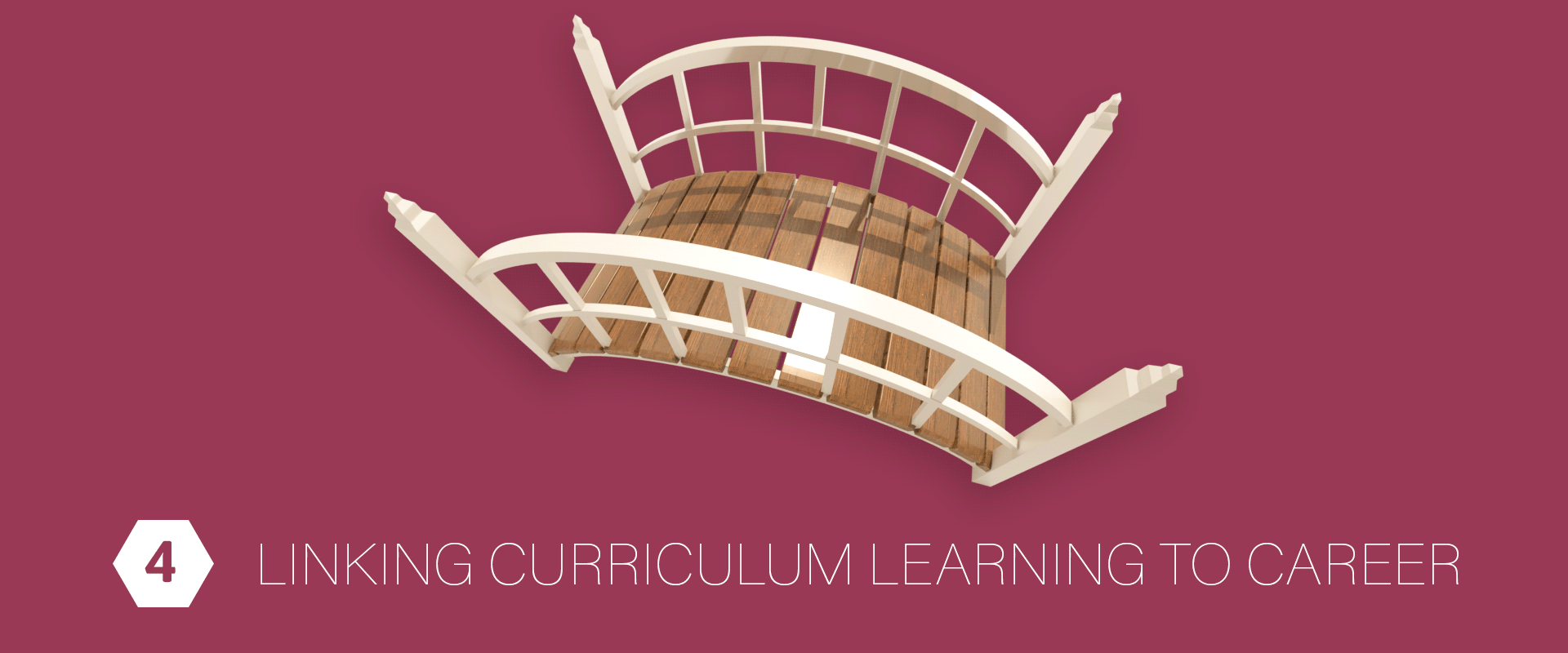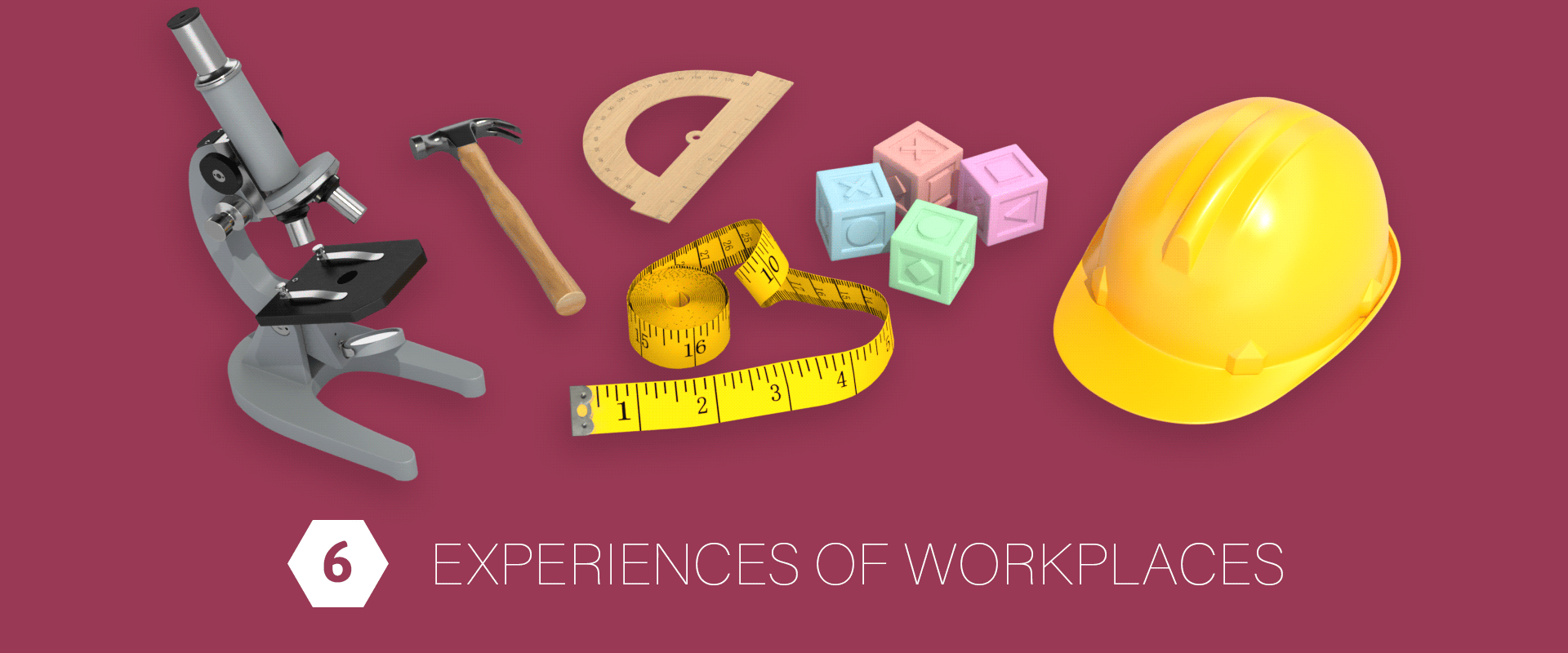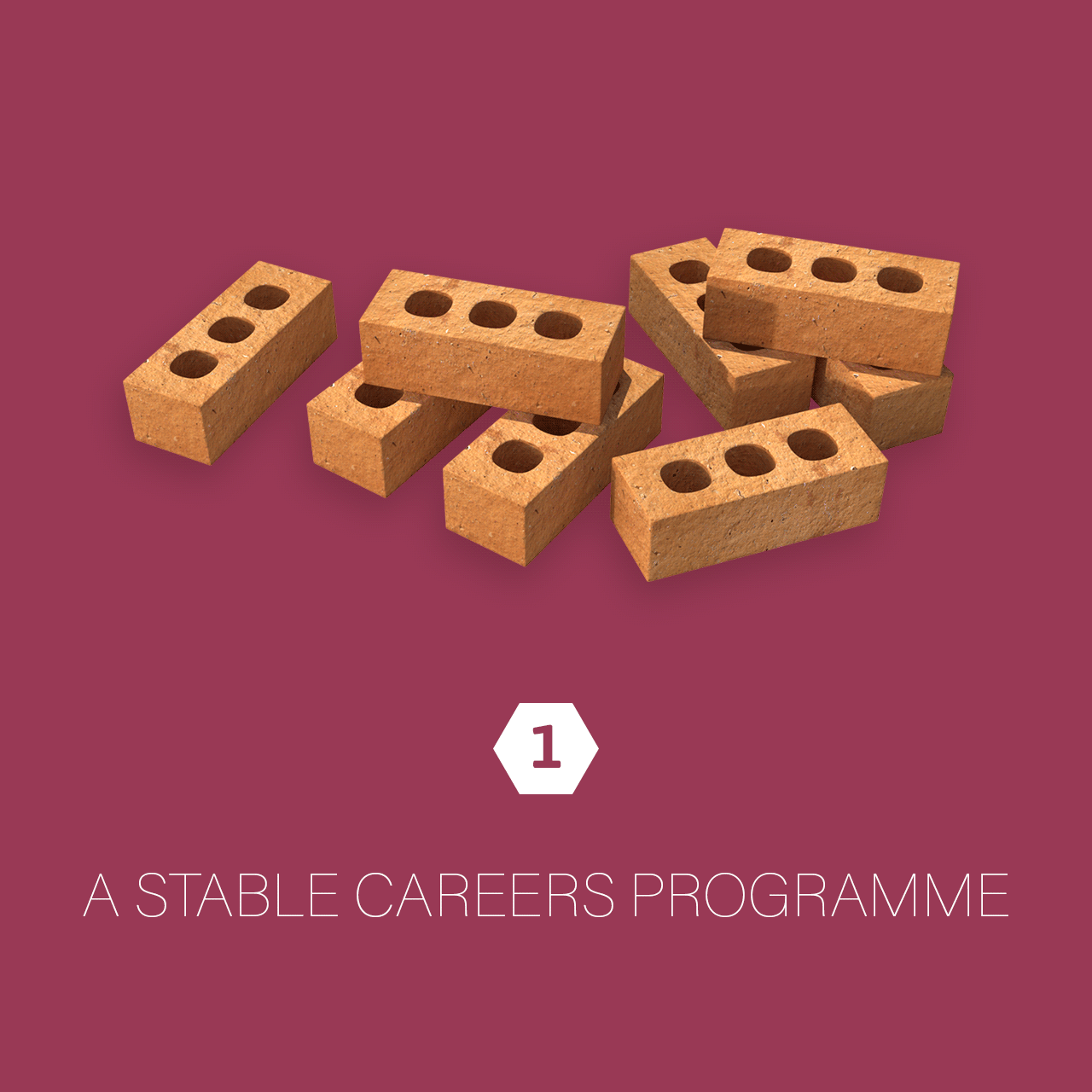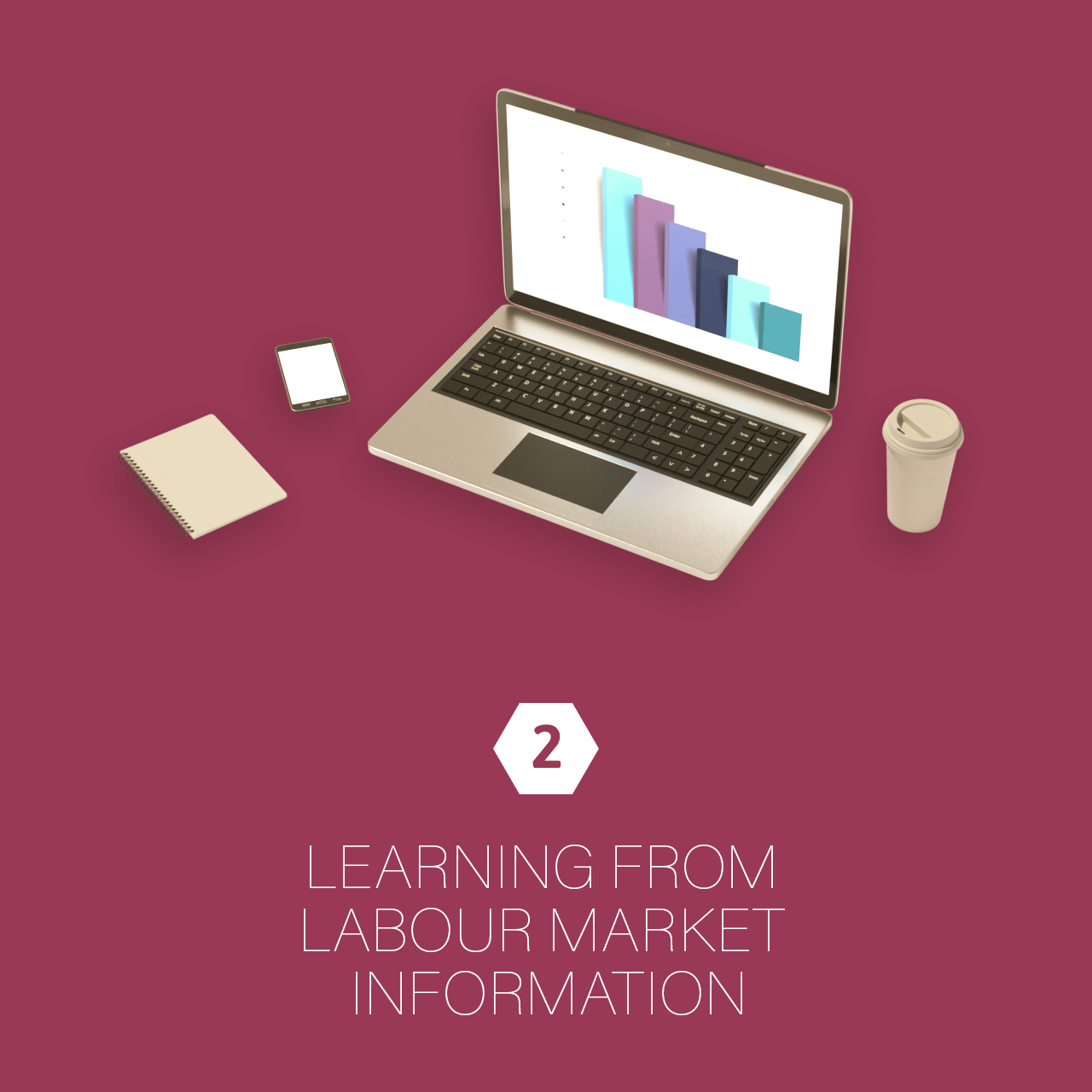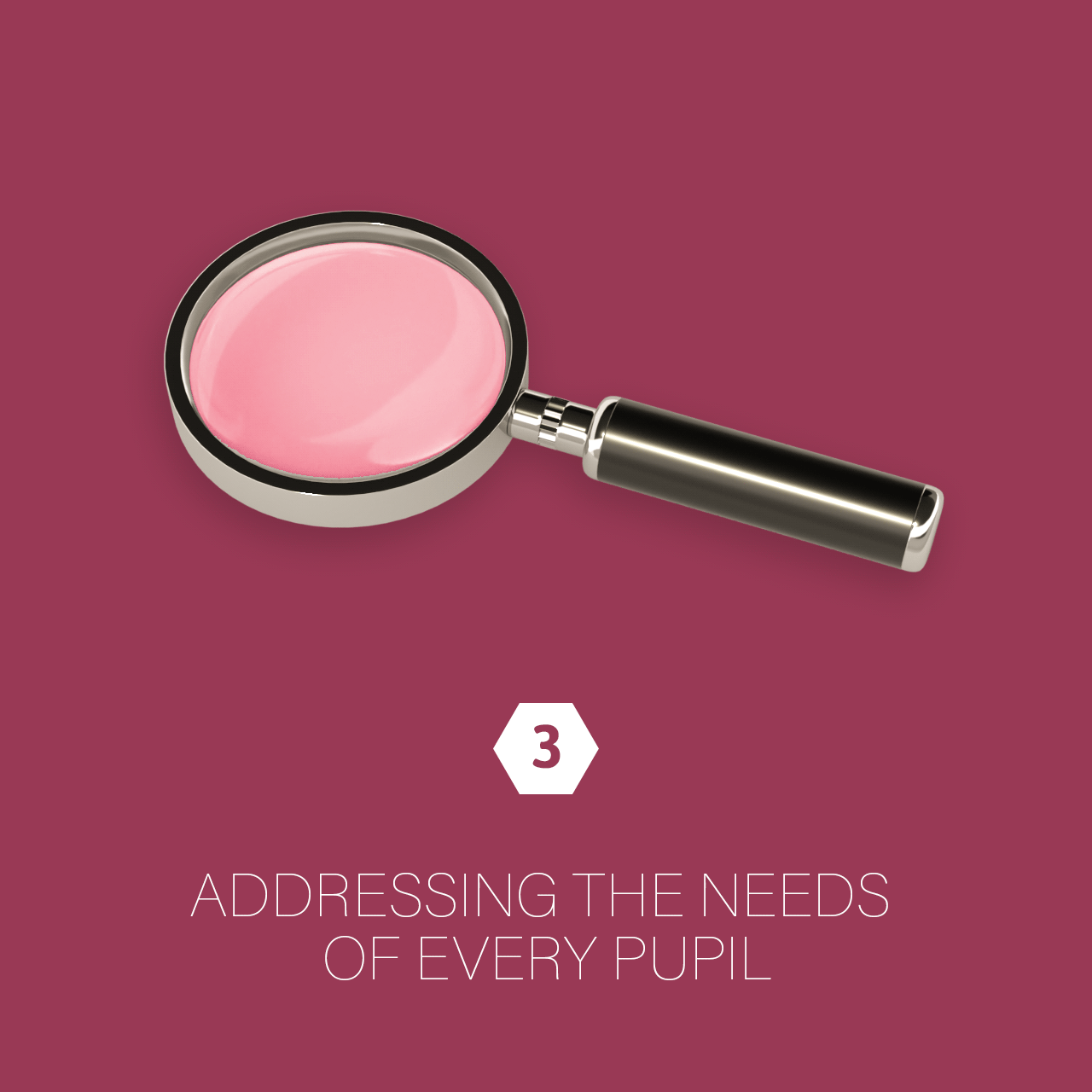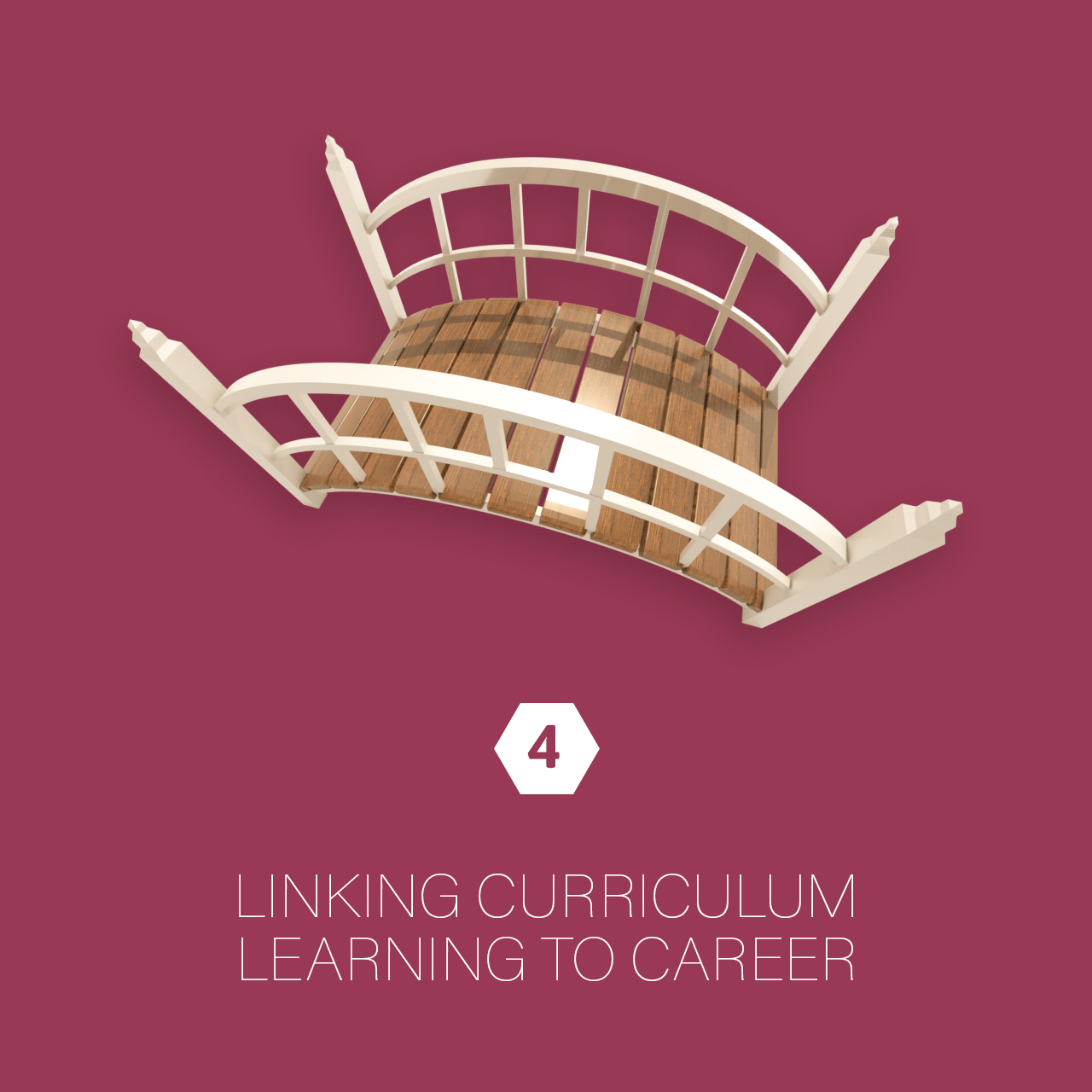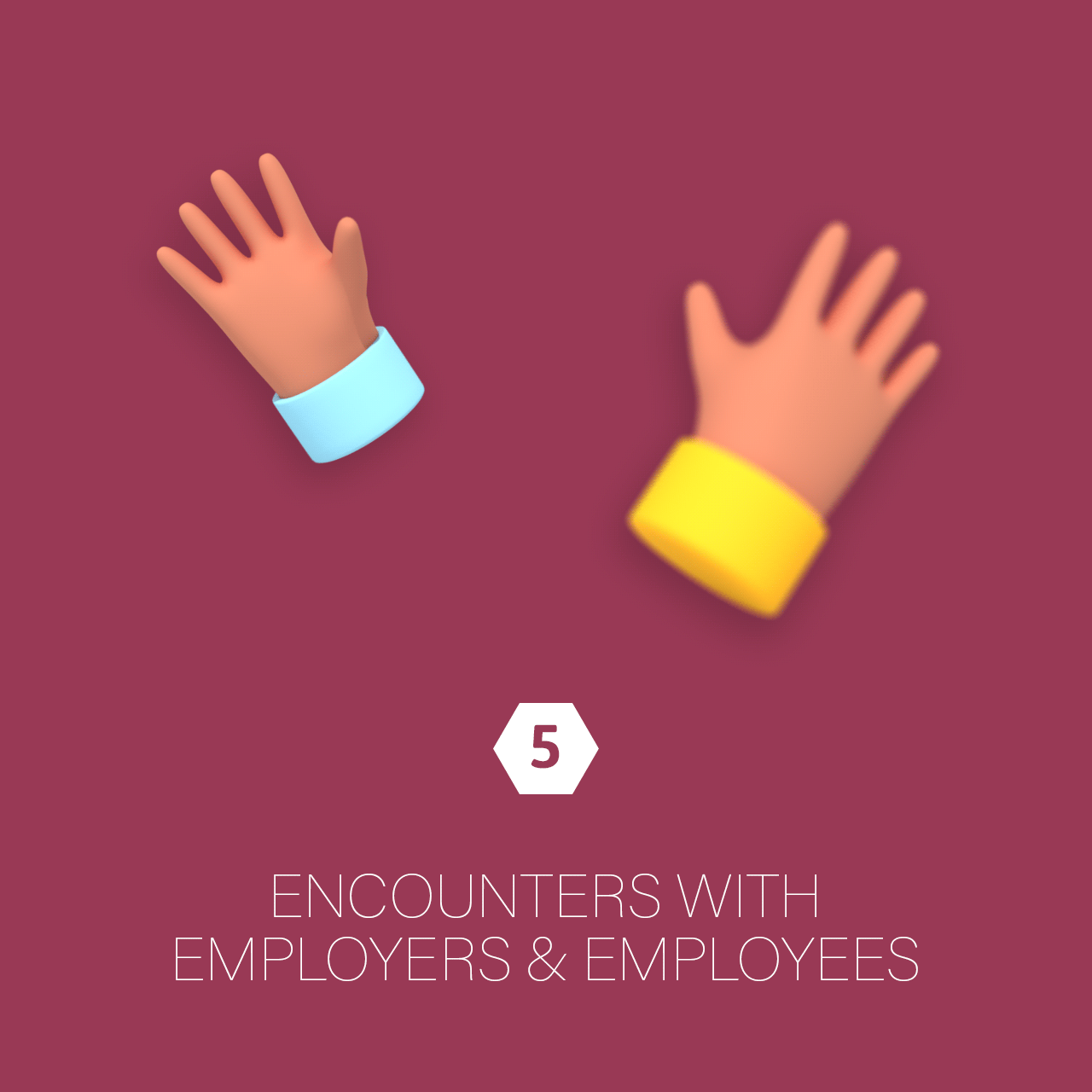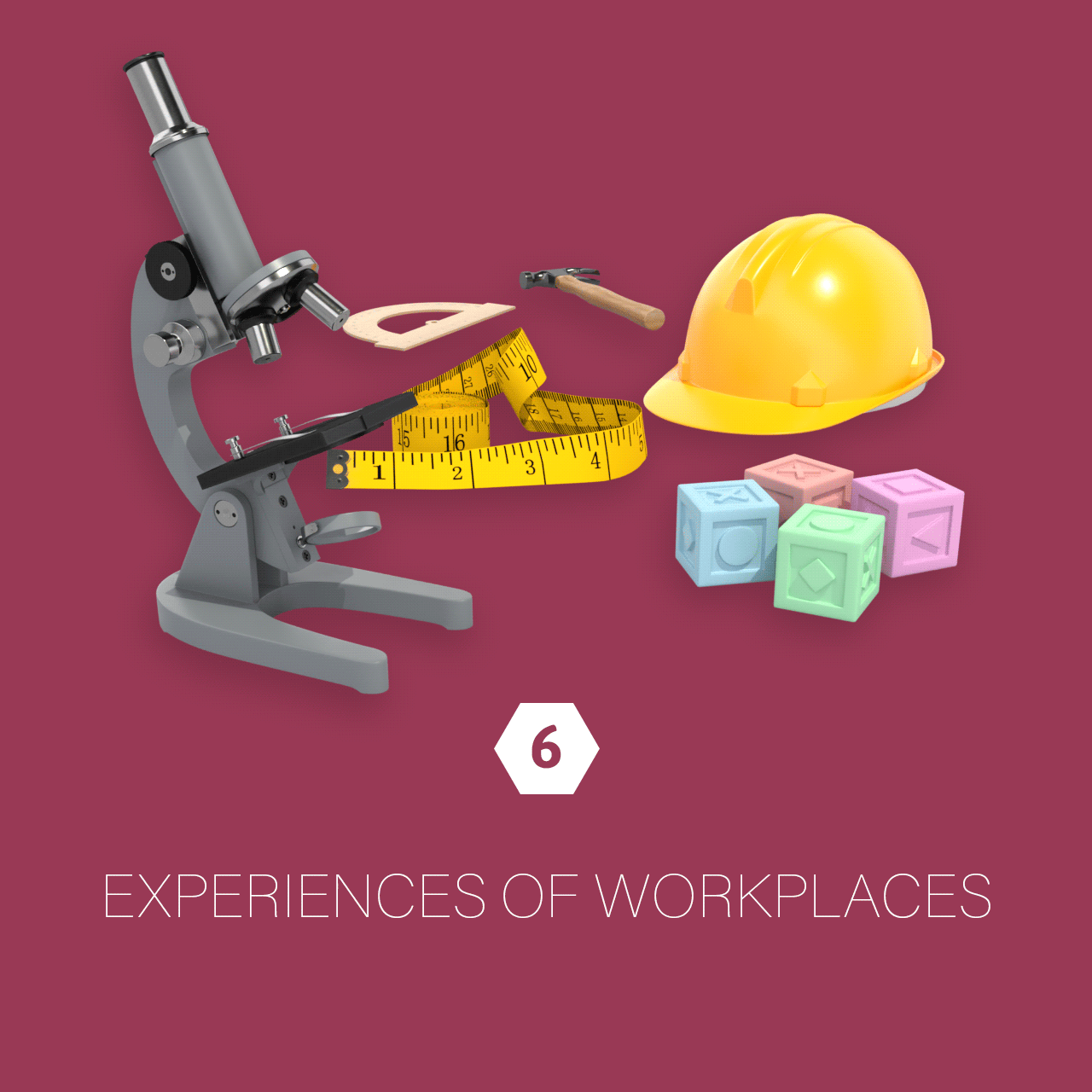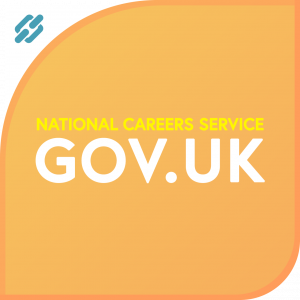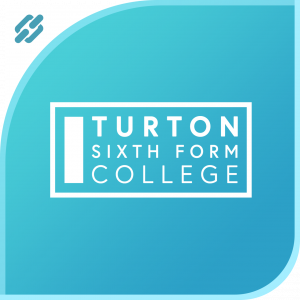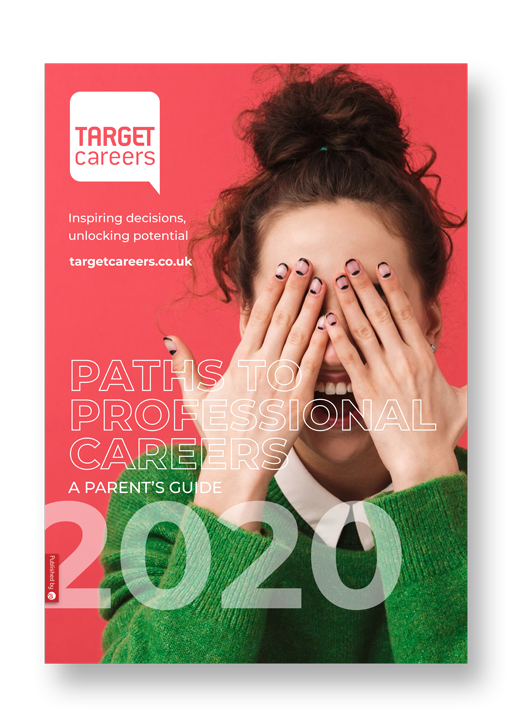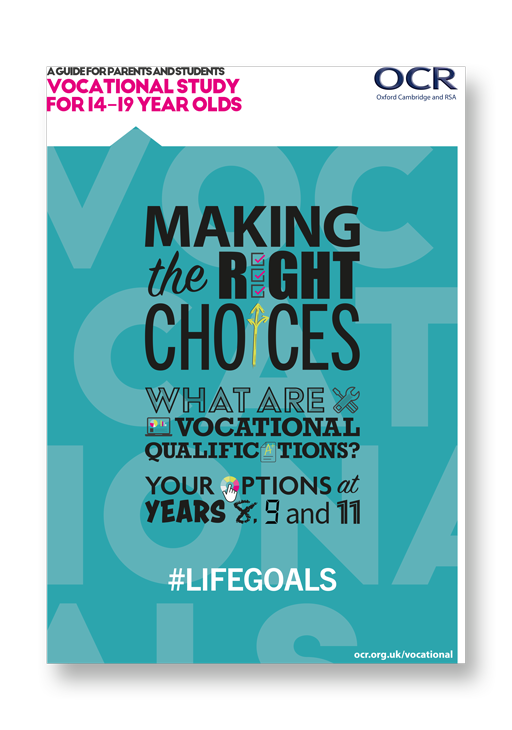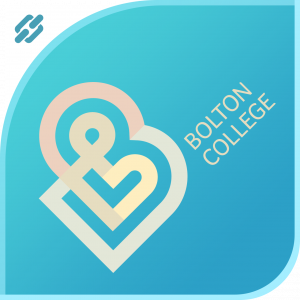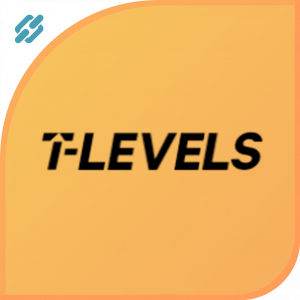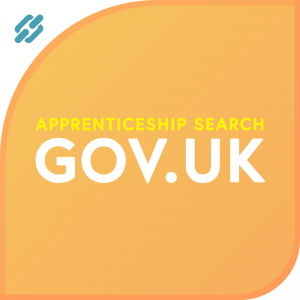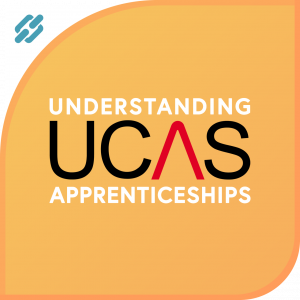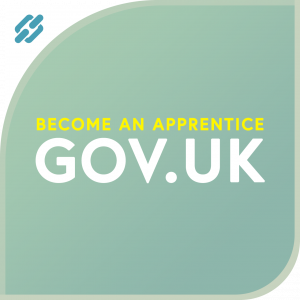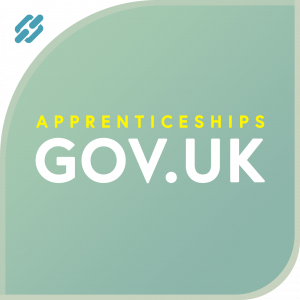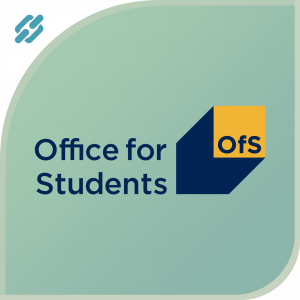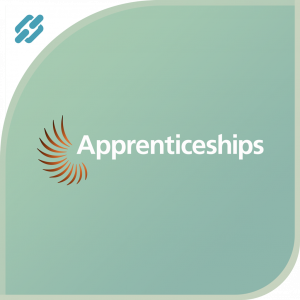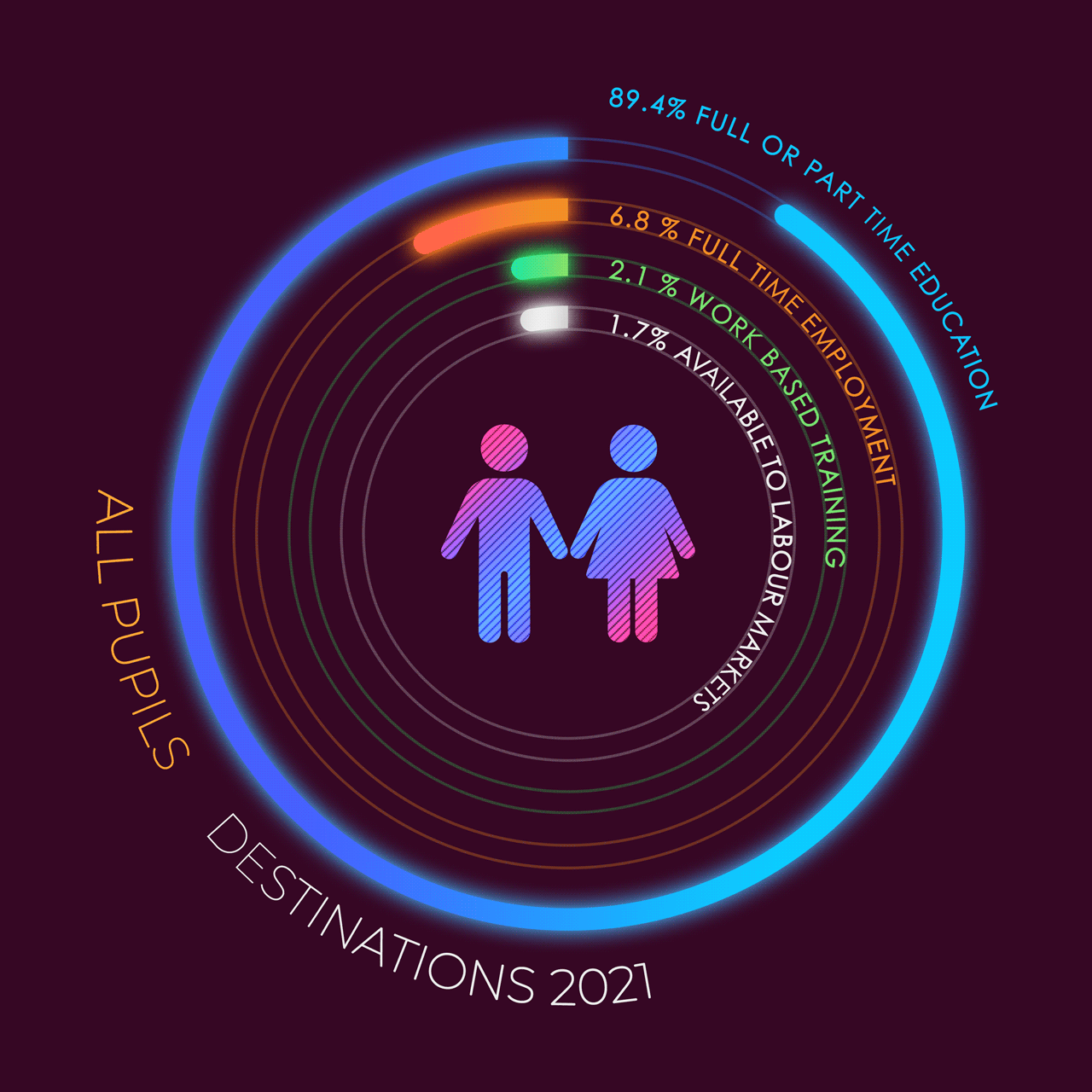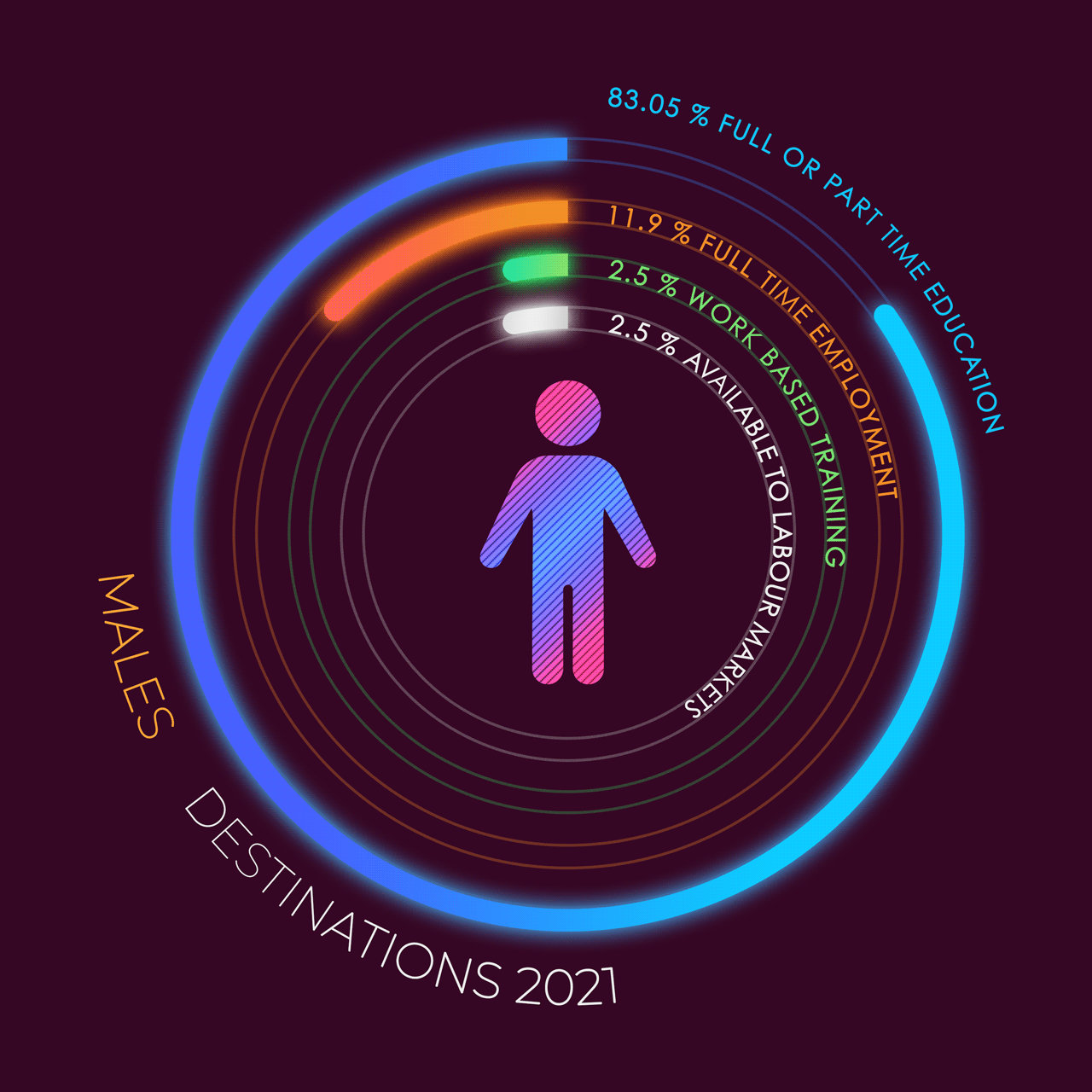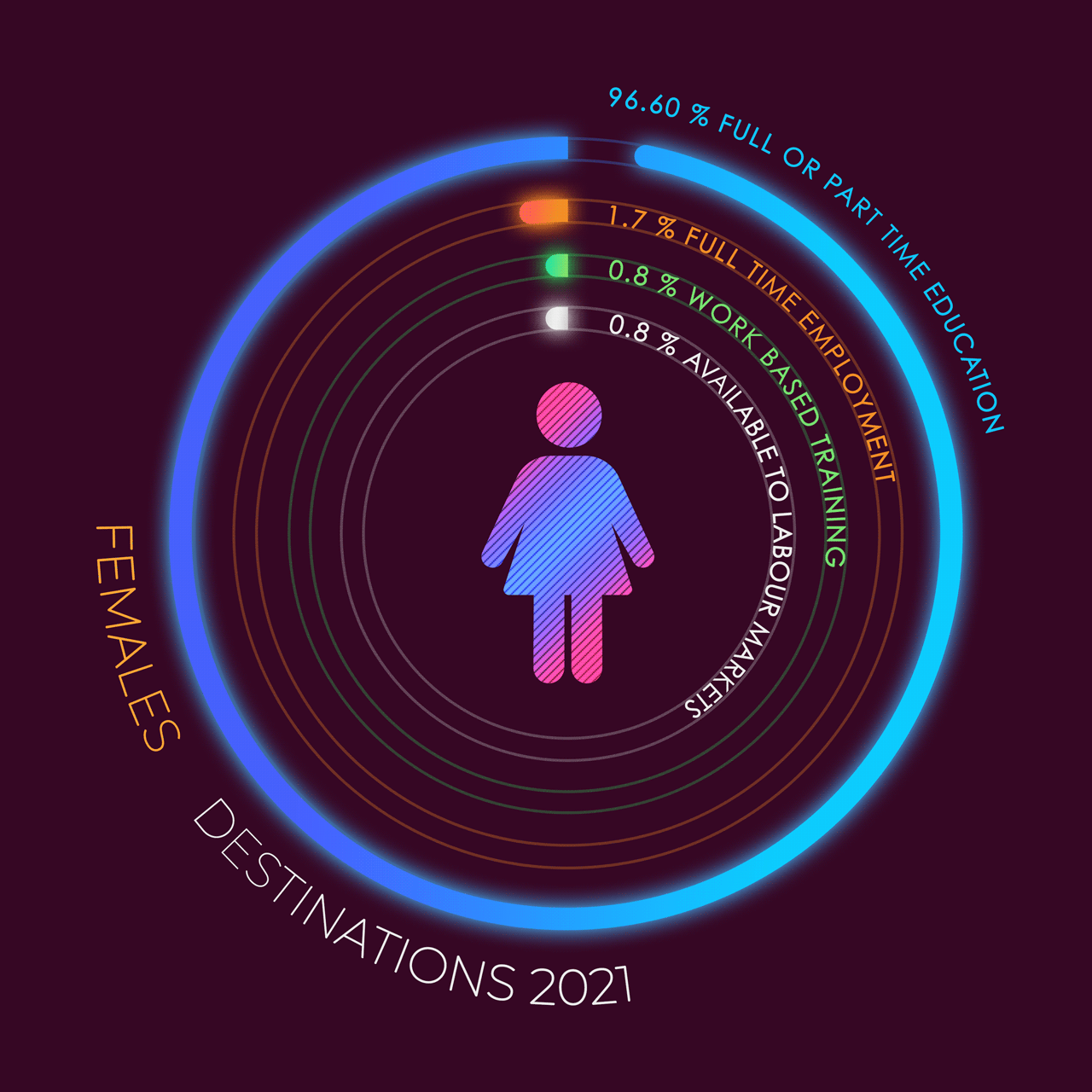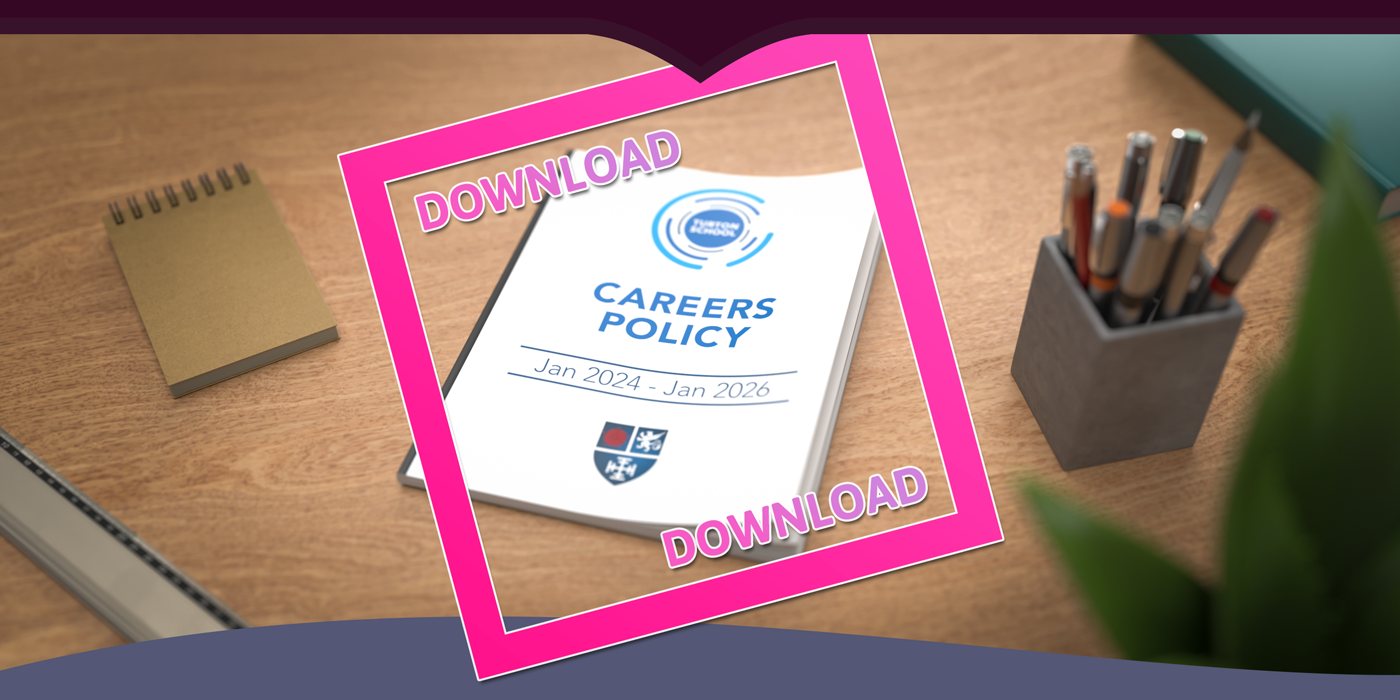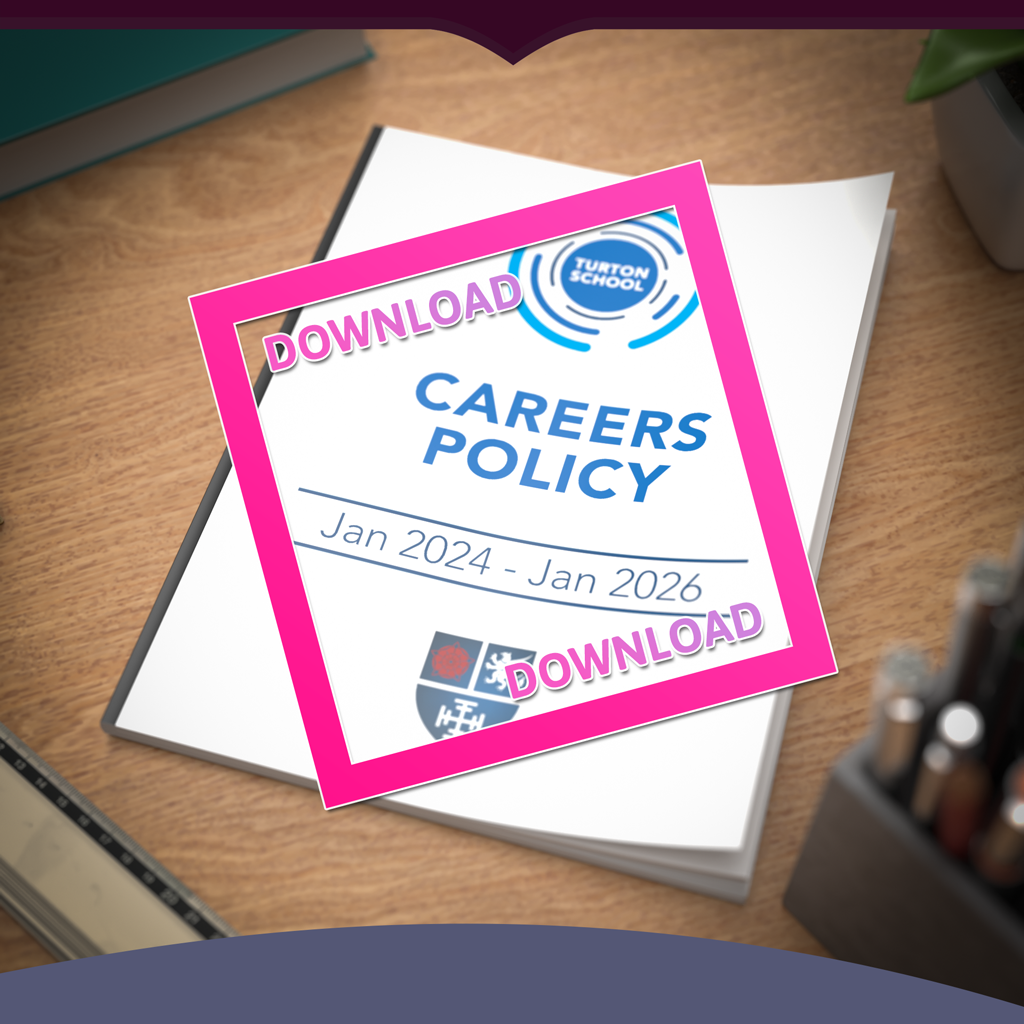
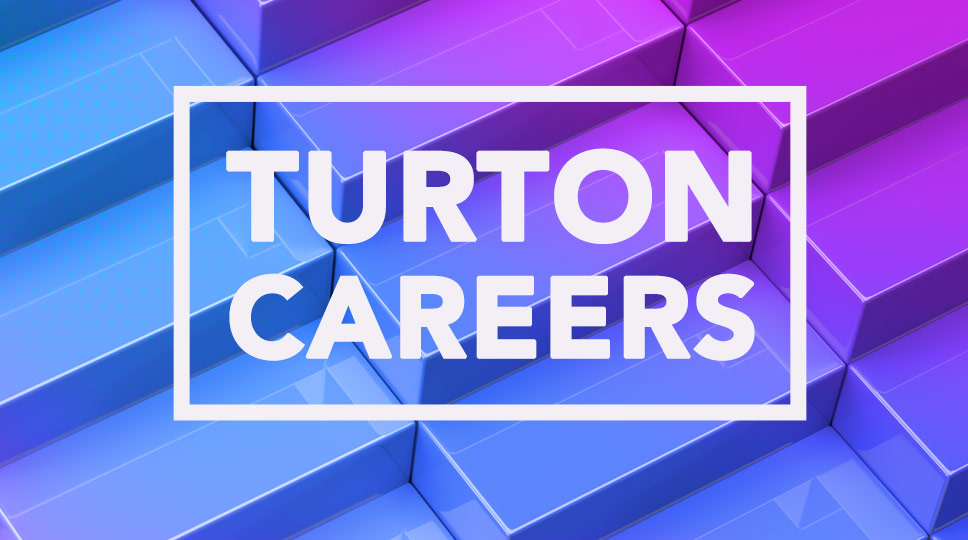

Careers, Education, Information, Advice and Guidance (CEIAG)
Careers contact Leader - Miss. Roache (roacheb@turton.uk.com or careers@turton.uk.com)
tel: 01204 333233
Connexions advisor - Caroline Seddon (seddonc@turton.uk.com)
Our Vision
At Turton we believe in a holistic approach to education, providing academic excellence and transferable skills that will allow your children to flourish in society and the careers they may follow after their time in education. The “Trivium” principles that flow through our academic curriculum are mirrored in our approach to the CEIAG that we offer to all our students. Giving them the knowledge and ability to make informed decisions with regard to their choices after full-time education. Furthermore, giving them the skills to apply this knowledge, we will ensure they have every opportunity available to them in the ever changing job market.
The intent of our CEIAG program at Turton School is to provide a comprehensive careers program where all student will get the opportunity to prepare for their transition to life after Turton, whether that be Higher Education or a career.
The program intends to arm students with the skills, advice and information that will allow them the best opportunity to lead fruitful lives, improve social mobility, develop employability skills and enhance their knowledge of the job market. There will be a range of opportunities to encounter work experience and engagement with employers, as well as insights in the options available in Higher Education allowing them to explore future career possibilities.
Careers, Education, Information, Advice and Guidance (CEIAG)
Careers contact Leader - Miss. Roache (roacheb@turton.uk.com or careers@turton.uk.com)
tel: 01204 333233
Connexions advisor - Caroline Seddon (seddonc@turton.uk.com)
Our Vision
At Turton we believe in a holistic approach to education, providing academic excellence and transferable skills that will allow your children to flourish in society and the careers they may follow after their time in education.
The “Trivium” principles that flow through our academic curriculum are mirrored in our approach to the CEIAG that we offer to all our students.
Giving them the knowledge and ability to make informed decisions with regard to their choices after full-time education. Furthermore, giving them the skills to apply this knowledge, we will ensure they have every opportunity available to them in the ever changing job market.
The intent of our CEIAG program at Turton School is to provide a comprehensive careers program where all student will get the opportunity to prepare for their transition to life after Turton, whether that be Higher Education or a career.
The program intends to arm students with the skills, advice and information that will allow them the best opportunity to lead fruitful lives, improve social mobility, develop employability skills and enhance their knowledge of the job market.
There will be a range of opportunities to encounter work experience and engagement with employers, as well as insights in the options available in Higher Education allowing them to explore future career possibilities.

We have three core aims...
We work towards these aims through each key stage and school year group.
Promoting new skills for life after school through the curriculum.
Discovering about different careers and the world at work.
Giving students the tools and advice so that they can manage their own career choices, employability, skills and future careers.
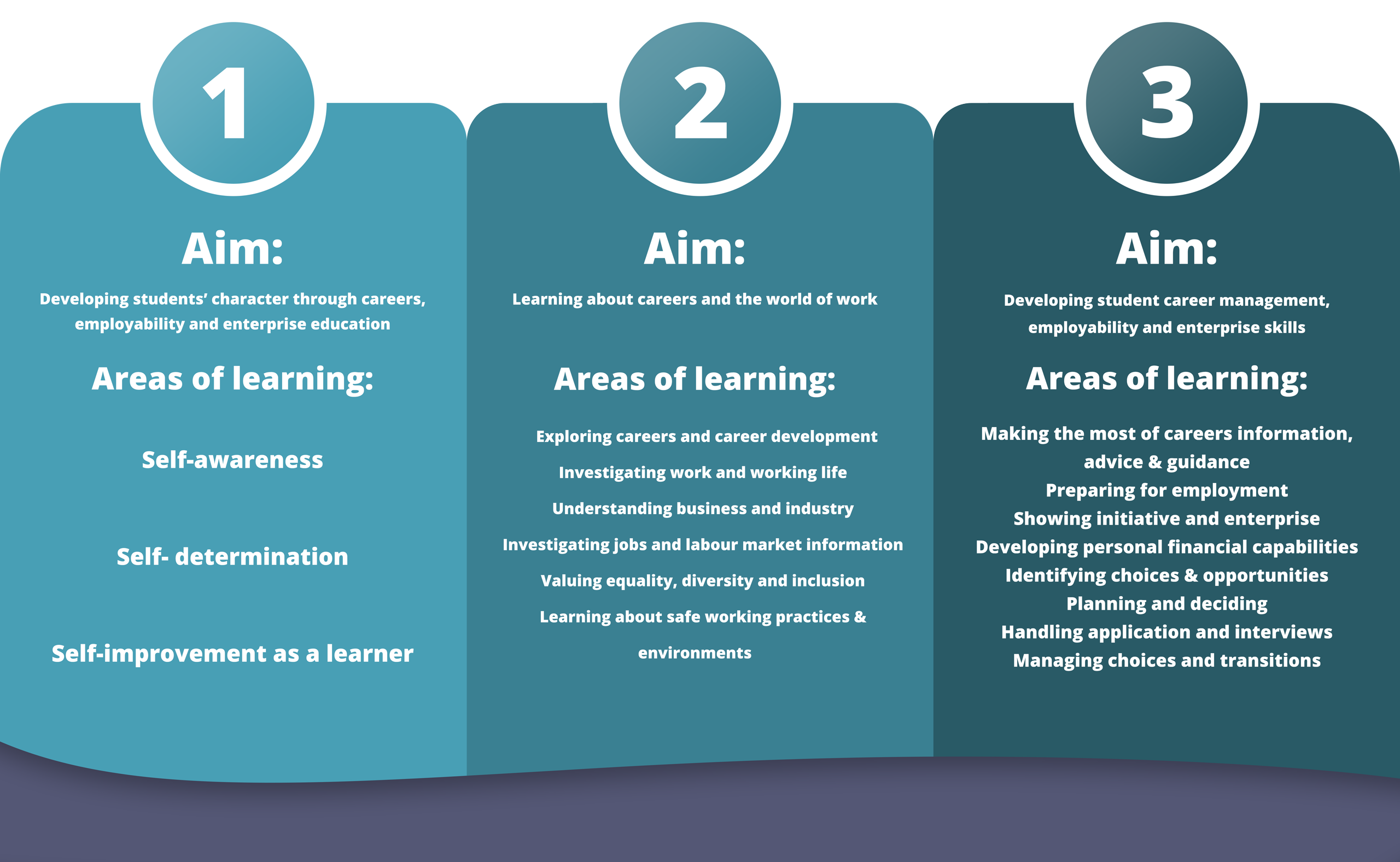

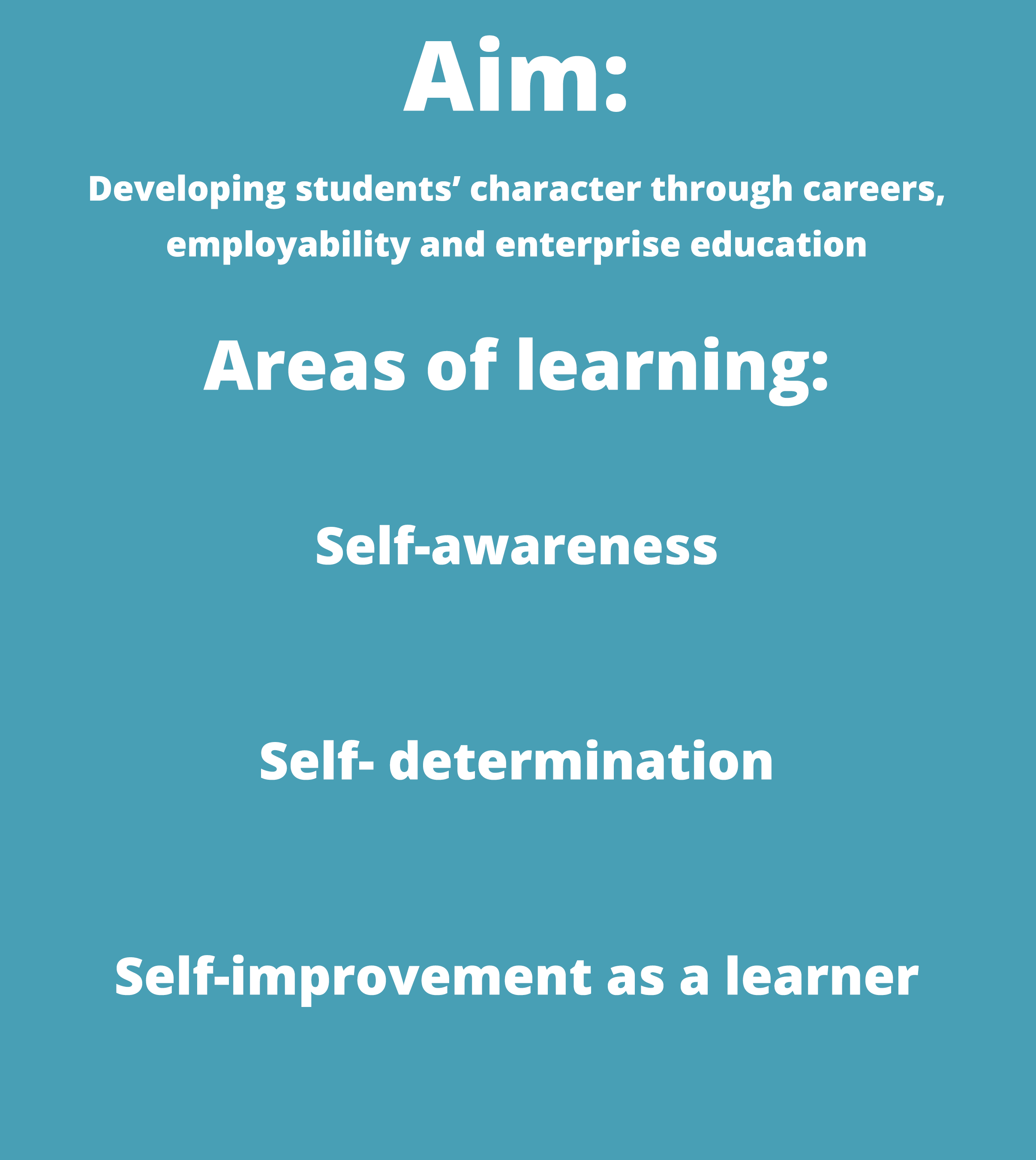

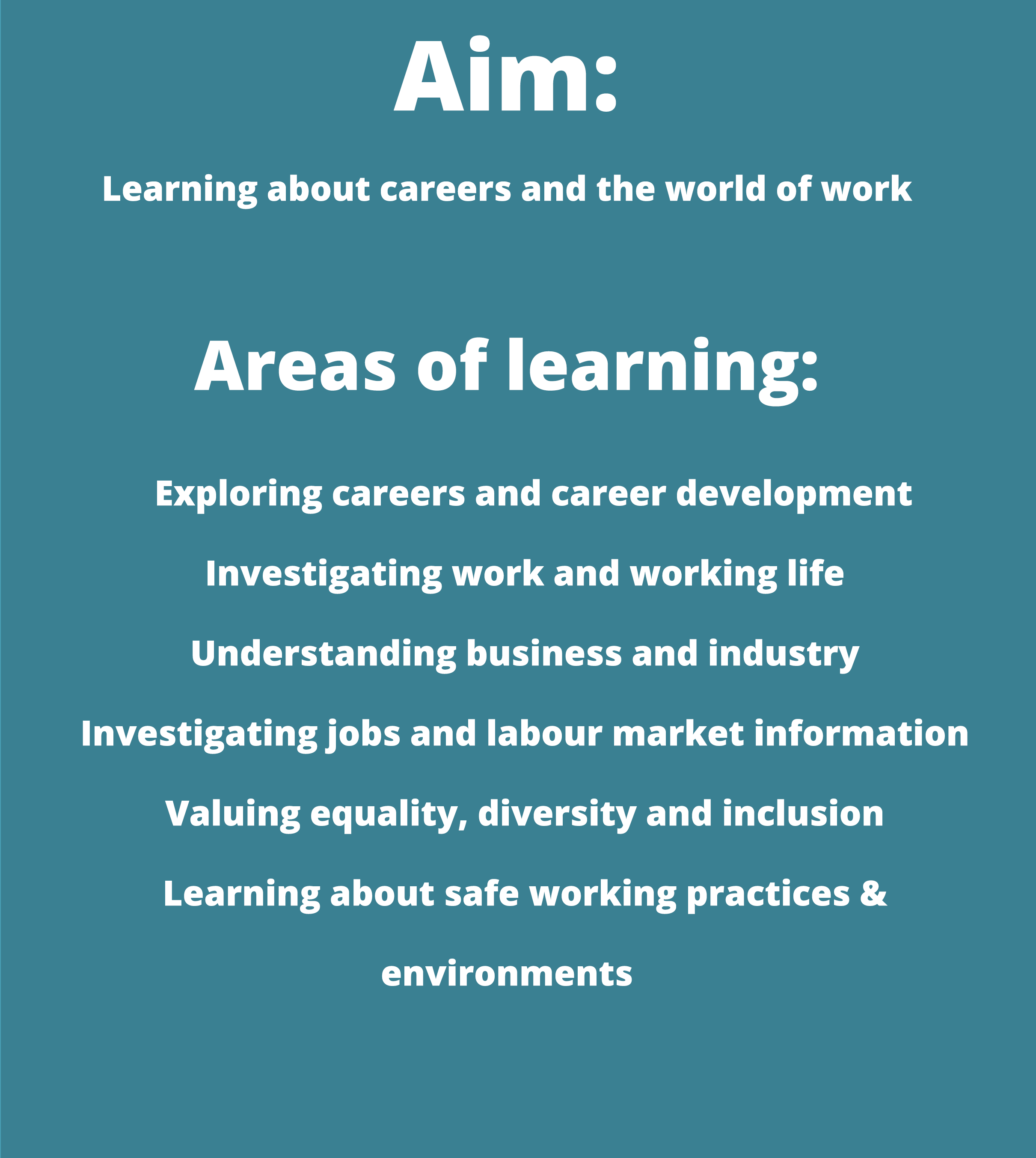

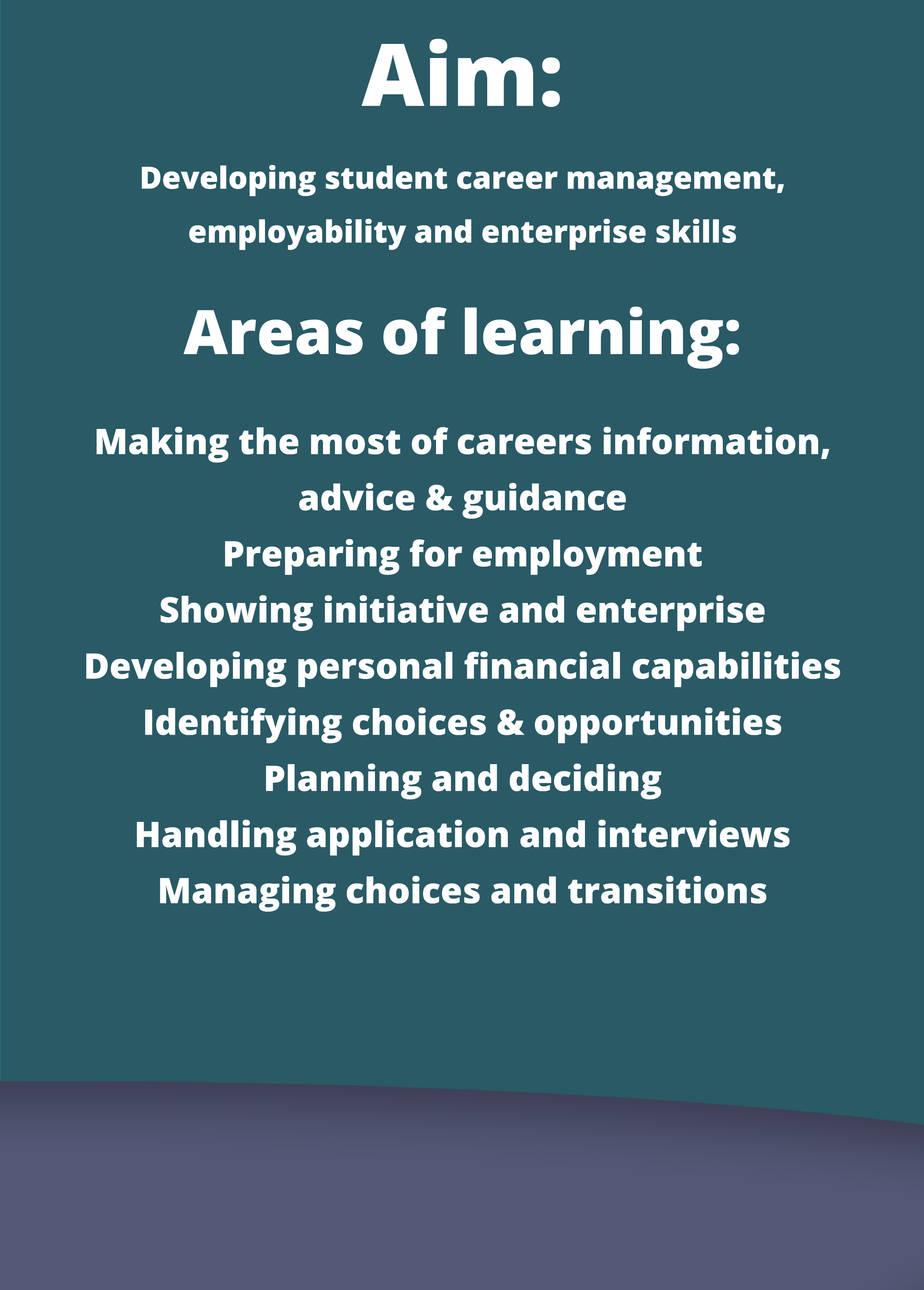

Support for Parents...
It’s widely acknowledged that parents have the greatest influence on their Childs education and career decisions. Whether that being your own experiences of work and your ambitions for your child your input and ideas will further support and guide your daughter or sons next steps.
So with that in mind we have put together a support section that allows you to work with your child in supporting them with the opportunities post 16. This are will explain the pathways open and a variety of websites and information to explore future careers with your child.
Qualification Options for My Child
There is a plethora of information out there that explains the world of qualifications and pathways that these lead to. The obvious academic routes are now supported with a variety of other options, from vocational courses, T-Levels and the different entry levels for Apprenticeships.
This parent section has been designed to give you all the information you require to help you provide the support your child needs as they navigate their choices at age 16 and 18.

A Parent's Guide to A-Levels
Here at Turton we are very lucky to have an outstanding sixth form facility that offers a wide variety of A levels and some vocational courses.
A Level qualifications provide a solid foundation upon which your son or daughter can strengthen their future career prospects. Respectable A-Level results can mean acceptance into high quality universities, as well as increasing your child’s overall job prospects after full time education. Therefore, the following guide has been created in order for you to help your child to achieve the A Levels results they deserve.
A-Levels is the broad term given to Advanced Level and Advanced Subsidiary (AS) Level Qualifications. These qualifications are also referred to as General Certificates of Education (GCE) and are usually studied by students aged between 16 and 19 after they have completed their GCSE qualifications.
A levels are subject-based qualifications that can lead to university, further study, training, or work. Students normally study three or more A levels over two years. They’re usually assessed by a series of examinations.
In order to study A levels your child would normally need:
- at least five GCSEs at grades 9 to 4/A* to C
- at least grade B in the specific subject(s) you want to study
- It is also widely accepted that they get a good pass grade in Maths and English
However, the specific requirements needed to study A levels will vary across schools and colleges. It's important to check what your child will need with the school or college he is looking to study at. It is also possible to study a blend of A Level and Vocational courses at the same time, this can increase the flexibility and options for Post 18 at university or within the labour market.
Here at Turton we are very lucky to have an outstanding sixth form facility that offers a wide variety of A levels and some vocational courses.
A Level qualifications provide a solid foundation upon which your son or daughter can strengthen their future career prospects.
Respectable A-Level results can mean acceptance into high quality universities, as well as increasing your child’s overall job prospects after full time education.
Therefore, the following guide has been created in order for you to help your child to achieve the A Levels results they deserve.
A-Levels is the broad term given to Advanced Level and Advanced Subsidiary (AS) Level Qualifications.
These qualifications are also referred to as General Certificates of Education (GCE) and are usually studied by students aged between 16 and 19 after they have completed their GCSE qualifications.
A levels are subject-based qualifications that can lead to university, further study, training, or work. Students normally study three or more A levels over two years. They’re usually assessed by a series of examinations.
In order to study A levels your child would normally need:
- at least five GCSEs at grades 9 to 4/A* to C
- at least grade B in the specific subject(s) you want to study
- It is also widely accepted that they get a good pass grade in Maths and English
However, the specific requirements needed to study A levels will vary across schools and colleges. It's important to check what your child will need with the school or college he is looking to study at.
It is also possible to study a blend of A Level and Vocational courses at the same time, this can increase the flexibility and options for Post 18 at university or within the labour market.

Parent's Guide to Vocational Courses
What is the difference between A levels and Vocational courses?
Vocational courses can be gained at several levels and are normally BTEC or NVQ qualifications. One of the main differences between a BTEC and A Levels is the way students learn and are tested.
A Levels mainly involve two years of study with exams at the end, whereas BTECs are assessed throughout the two years through a combination of tests, coursework and practical projects.
Vocational Courses
Level 2
The entry requirements for Level 2 BTEC courses vary from college to college. Generally, Level 2 applicants are expected to have at least 3 GCSEs at grade 3.
Level 3
As with A Levels, students generally need at least five GCSEs at grade 4 or above, to include English and Maths, to study a Level 3 BTEC.
Please be aware that some courses such as Hair and Beauty may require Level 1 or 2 entry as they are new courses. We work closely with Bolton College in supporting your child through the different pathways offered at College. Again it is important to look at the entry requirements of the college for specific courses as they can vary.
Progression
Plenty of universities and higher education colleges will offer places onto degree and degree-level courses to students with 18 unit BTECs. If you opt for a 12 unit BTEC, most higher education courses will require you to have an A Level or AS Level as well. It’s all down to the individual institution and course, so it’s worth checking what level and combination of qualifications you might need if you already have an idea of what you want to study after Level 3.
For more information on vocational courses please follow this Success at School link.
To read more about how you can support your son please read the following publications for some really insightful and informative information.

Apprenticeships
Apprenticeships
You’ve almost certainly heard about apprenticeships by now. But if you think they’re second best to a university degree, you’ve been misinformed! Apprenticeships can be a pathway to a degree – paid for in full by the employer while your child earns a wage.
In this section, we define apprenticeships, go through the different types, compare them to university, explore some of the programmes available, look at how much your child can expect to earn and explain how to help your child find an apprenticeship.
Types of Apprenticeships
There are four levels of apprenticeship:
- Intermediate– level 2 – equivalent to 5 GCSEs.
- Advanced– level 3 – equivalent to 2 A-levels.
- Higher– level 4-7 – equivalent to a certificate of higher education or foundation degree right the way up to a master’s degree (mostly give a bachelor’s degree).
- Degree– level 6-7 – guarantees a bachelor’s or master’s degree on successful completion.
You’ve almost certainly heard about apprenticeships by now. But if you think they’re second best to a university degree, you’ve been misinformed!
Apprenticeships can be a pathway to a degree – paid for in full by the employer while your child earns a wage.
In this section, we define apprenticeships, go through the different types, compare them to university, explore some of the programmes available, look at how much your child can expect to earn and explain how to help your child find an apprenticeship.
Types of Apprenticeships
There are four levels of apprenticeship:
Intermediate– level 2 – equivalent to 5 GCSEs.
Advanced– level 3 – equivalent to 2 A-levels.
Higher– level 4-7 – equivalent to a certificate of higher education or foundation degree right the way up to a master’s degree (mostly give a bachelor’s degree).
Degree– level 6-7 – guarantees a bachelor’s or master’s degree on successful completion.
Useful videos...

Parent's Guide to T-Levels
As parents of teenagers at secondary school, you may have already heard about the government's proposal to change the current vocational education system and introduce new T-level qualifications from 2020.
You may also be wondering why the change was recommended and what impact it will have on your son or daughter when they go to a further education college?
In our handy guide for parents, we explain everything you need to know about the new qualifications and how they aim to increase your child's skills and employability.
What are T-levels?
Alongside apprenticeships and A-levels, T-levels will become one of the three main options for school leavers.
T-levels are being introduced in the 2020/2021 academic year, and are designed to replace many of the vocational qualifications currently offered at level 3.
In a new two-year, level 3 technical study programme, T-levels will offer students:
Specific practical skills and knowledge in a chosen industry or occupation
45 days' work placement at a relevant employer
Core English, Maths and digital skills
Within the programmes, students can choose the occupational specialisms they wish to focus on either from the onset or during their course, for example Early Years Educator specialism within Childcare and Education T-level.
After completing a T-level programme, students will have transferable skills to use in the workplace, they may also continue their education at university or through an apprenticeship with an employer.
T-level qualifications will be offered in the following sector areas: agriculture, environmental and animal care, business and administration, catering and hospitality, childcare and education, construction, creative and design, digital, engineering and manufacturing, hair and beauty, health and science, legal, finance and accounting, protective services, sales, marketing and procurement, social care and transport and logistics.
How did they come about?
The reforms were announced by the Department for Education and the Department for Business, Innovation and Skills in 2016 following an independent review of the further education market. Led by Lord Sainsbury, it became known as the Sainsbury Review'.
In the review, the current system was deemed outdated and confusing' and the radical overhaul of post-16 technical education began. In the autumn budget of 2017 the government announced an additional £20m to help colleges prepare for the change. This is on top of the annual £500m investment announced at the previous budget in March.
How are the qualifications being developed?
The qualifications are being co-designed' by the Department for Education, Institute for Apprenticeships, education providers and employers. The aims are set out by the Department for Education, and the content developed by the other three parties.
The structure of the new qualifications will be different from the current system. The number of hours a student will study increases significantly from the average 540 hours offered now to approximately 1,800 hours over the two years (including the work placement).
The work placement element increases to 45 days, but can last up to 60 working days, making it much more meaningful to the student and employer. The timing of the work placement may be different depending on the qualification, some may opt for a continuous block, and others will distribute the work placement across the programme.
The core qualifications will be graded on a 6-point scale from E to A*, with A* being the highest. Occupational specialisms are awarded on a pass, merit or distinction basis.

Understanding Apprenticeships.
In essence, an apprenticeship is a job. You’ll spend 80% of the working week at your place of employment, and 20% at your place of study.
You’ll earn a salary, and your course fees will be covered by your employer and the government. You just need to be willing to manage your time between work and study.
There are many different apprenticeships you can apply for depending on your existing qualifications across a broad range of different industries.
Explore our apprenticeships guide to find out everything you need to know.

Types of Apprenticeship.
There are four levels of apprenticeship:
Intermediate – level 2 – equivalent to 5 GCSEs.
Advanced – level 3 – equivalent to 2 A-levels.
Higher – level 4-7 – equivalent to a certificate of higher education or foundation degree right the way up to a master’s degree (mostly give a bachelor’s degree).
Degree – level 6-7 – guarantees a bachelor’s or master’s degree on successful completion.

Who are Apprenticeships for?
Apprenticeships are different to traditional study routes, find out if an apprenticeship in England might be suitable for you.
Apprenticeships are ideal if you have a clear idea of the career you’d like to pursue, and you’re willing to commit to work and study. Unlike in school, at college or on a traditional degree course, the majority of your learning will be through on-the-job training in your place of work.
To be considered for an apprenticeship programme in England, you need to be:
* aged 16 or over
* living in England
* not in full-time education
Apprenticeships would suit someone who:
* has a clear idea of the type of career they wish to pursue
* is willing to commit to work and study, but would prefer a more practical and work-related approach to learning
* is ready to start work with an employer, and be based in the workplace most of the time
* is well organised and able to cope with the competing demands of work and academic study at the same time
* is ready to be assessed through a mix of assignments and written work, including essays, reports, practical exercises, end tests, and exams
No matter what kind of career you want to follow, you need to do your research and find out if you can reach your career goals through an apprenticeship, or if you need/would prefer to study full-time at university or college.
Apprenticeships aren’t the ‘easy’ option. Holding down a full-time job and studying takes commitment and hard work, and it won’t be right for everyone.
You’ll need to prove yourself in the workplace, while getting to grips with studying for a higher level qualification.
You’ll be expected to achieve academically and at work, managing your time and adjusting to longer hours, with fewer holidays than at school, college, or university.

Search and Apply for an Apprenticeship.

Why is LMI Important to Young People?
"It is vital, in an environment where new industries are emerging and many of the most important jobs of the future don’t yet exist, that individuals have access to high-quality labour market information and earnings data to underpin their choices."
Anne Milton, MP

So, what is Labour Market Information?
Labour market information or LMI tells you about the workplace or labour market.
Labour market information describes the condition of the labour market, past and present, as well as future projections.
LMI effectively describes the world of work – ranging from descriptions of different careers, their entry routes, promotional prospects, salaries paid, skills and qualifications needed, etc.
Crucially for you, LMI also covers future demand – what kinds of jobs will be in demand after leaving school and what kinds of skills will be needed?
National Careers Service:
Labour Market Information

How does the Labour Market work?

Destination of Leavers 2021
The following data is based on our Year 11 leavers during the summer of 2021.
We had a 100% response from students on their current status regarding destinations within education, training schemes or employment.
98.3% of our school leavers are following a career pathway.
89.4% of students continued with Full or Part time education, 6.8% started Full time employment, 2.1% joined work based training and 1.7% remained unemployed but with skills available for current trending labour markets.
This is our break down of the data...



